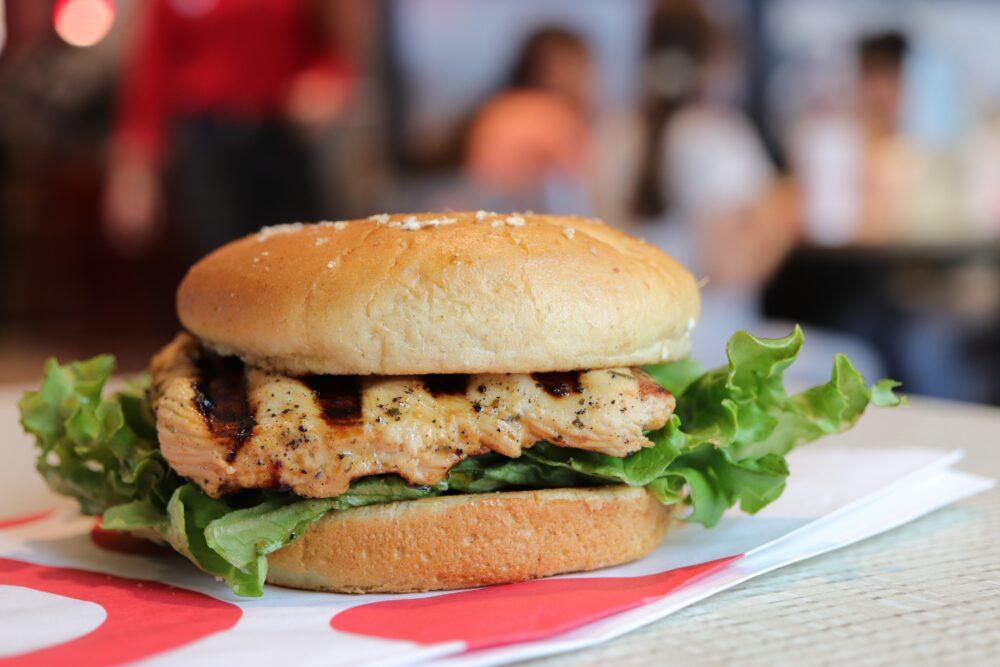Irving-based Darling Ingredients has partnered with fast-food chain Chick-fil-A to convert fried chicken grease into one of the world’s most valuable commodities: fuel.
Darling Ingredients is the largest publicly-traded developer of sustainable energy products from food waste. On Monday, the company announced in a press release that Chick-fil-A had reached out to begin converting its restaurants’ excess grease into fuel.
The fuel would be created by Diamond Green Diesel, which is owned in tandem by Valero and Darling Ingredients.
According to Darling, 10% of the world’s meat waste passes through any one of their 250 processing plants.
From that waste, hundreds of millions of pounds of used cooking oil are turned into renewable diesel through the Diamond Green Diesel venture.
Darling estimates it will yield 700 million gallons of diesel fuel from this process in 2022.
The company’s agreement with Chick-fil-A will undoubtedly add a significant boost to its efforts in producing more renewable fuel.
“At Chick-fil-A, we are committed to caring — and that includes caring for others through our food and caring for our planet,” stated Rodney Bullard, community engagement leader for Chick-fil-A.
He said the partnership marks a big step in Chick-fil-A’s move towards a more “responsible” usage of restaurant by-products.
Traditionally, Darling Ingredients has focused primarily on the production of materials such as animal hides and collagen, but recent advancements have allowed biodiesels to become effectively interchangeable with regular diesel.
According to Darling, their renewable fuel could lower greenhouse gas emissions by as much as 85%.
This creates the possibility of an optimistic future for both Darling Ingredients and the environment.
In 2019, Darling Ingredients and Valero began to consider a possible new biodiesel production plant in Texas. According to The Dallas Morning News, the plant would be able to produce 400 million gallons of biofuel every year.
The partnership already has a similar plant in Norco, Louisiana, which pumps out roughly 600 million gallons of renewable fuel yearly.
Darling and Valero saw combined profits of over $120 billion in 2018, making it likely they will continue expanding renewable energy development.

